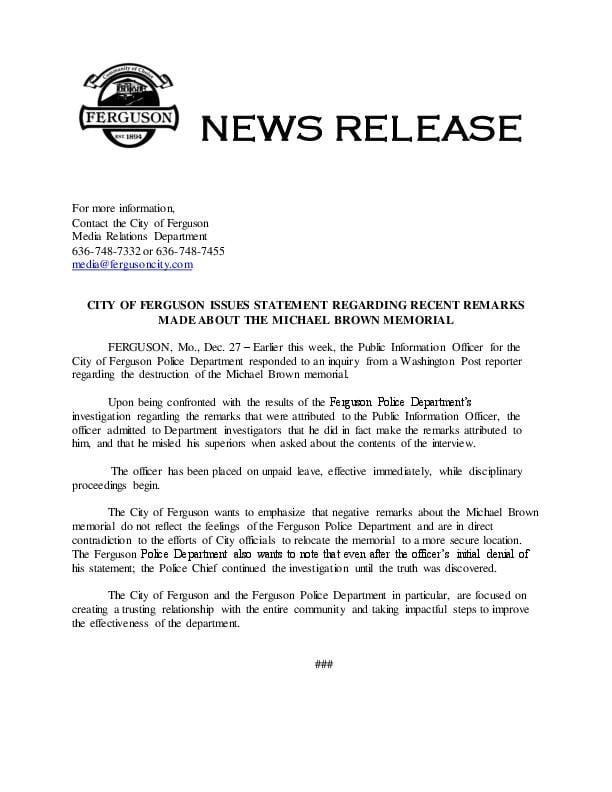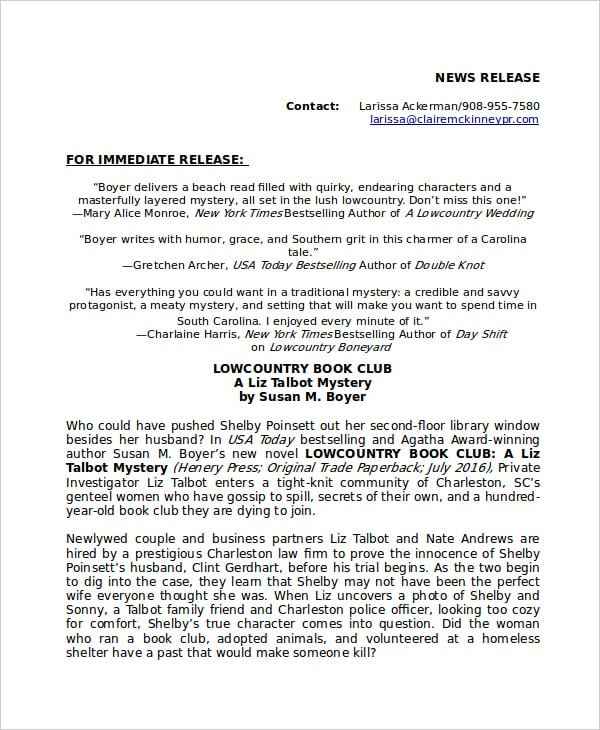

The Notice sent to the companies outlines a number of practices that the FTC determined to be unfair or deceptive in prior administrative cases. The Notice of Penalty Offenses allows the agency to seek civil penalties against a company that engages in conduct that it knows has been found unlawful in a previous FTC administrative order, other than a consent order. “Advertisers will pay a price if they engage in these deceptive practices.” “Fake reviews and other forms of deceptive endorsements cheat consumers and undercut honest businesses,” said Samuel Levine, Director of the FTC’s Bureau of Consumer Protection. By sending a Notice of Penalty Offenses to more than 700 companies, the agency is placing them on notice they could incur significant civil penalties-up to $43,792 per violation-if they use endorsements in ways that run counter to prior FTC administrative cases. Consequently, t he FTC is now using its Penalty Offense Authority to remind advertisers of the law and deter them from breaking it. Fake online reviews and other deceptive endorsements often tout products throughout the online world. The rise of social media has blurred the line between authentic content and advertising, leading to an explosion in deceptive endorsements across the marketplace.

The Federal Trade Commission is blanketing industry with a clear message that, if they use endorsements to deceive consumers, the FTC will be ready to hold them responsible with every tool at its disposal. About the FTC Show/hide About the FTC menu items.News and Events Show/hide News and Events menu items.Advice and Guidance Show/hide Advice and Guidance menu items.Competition and Consumer Protection Guidance Documents.Enforcement Show/hide Enforcement menu items.


 0 kommentar(er)
0 kommentar(er)
